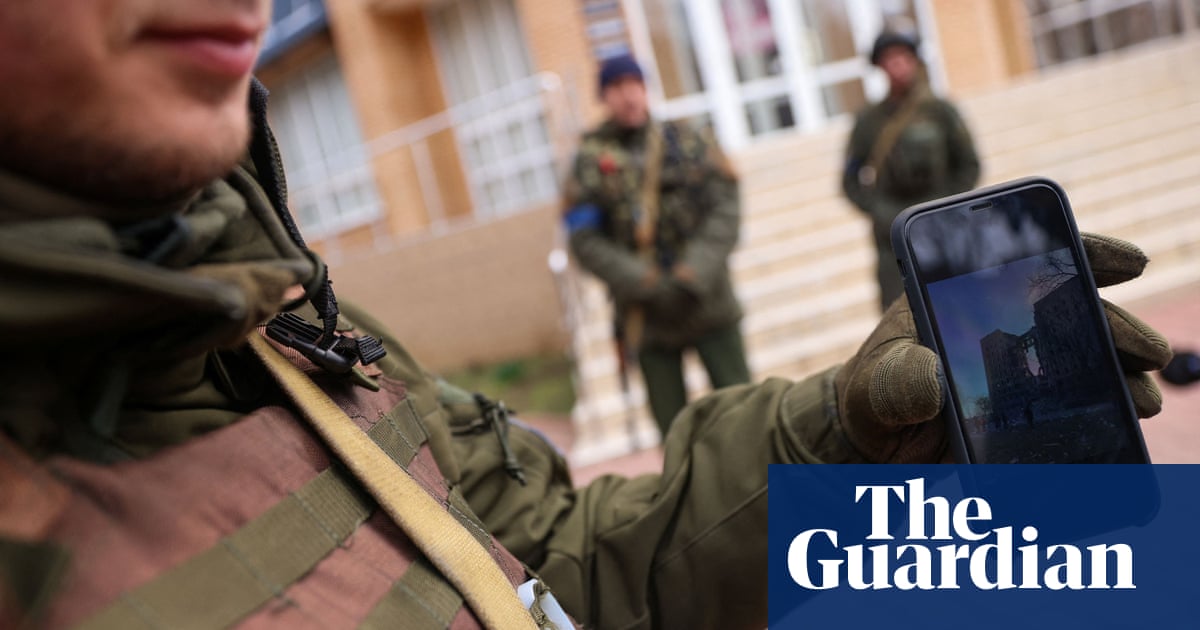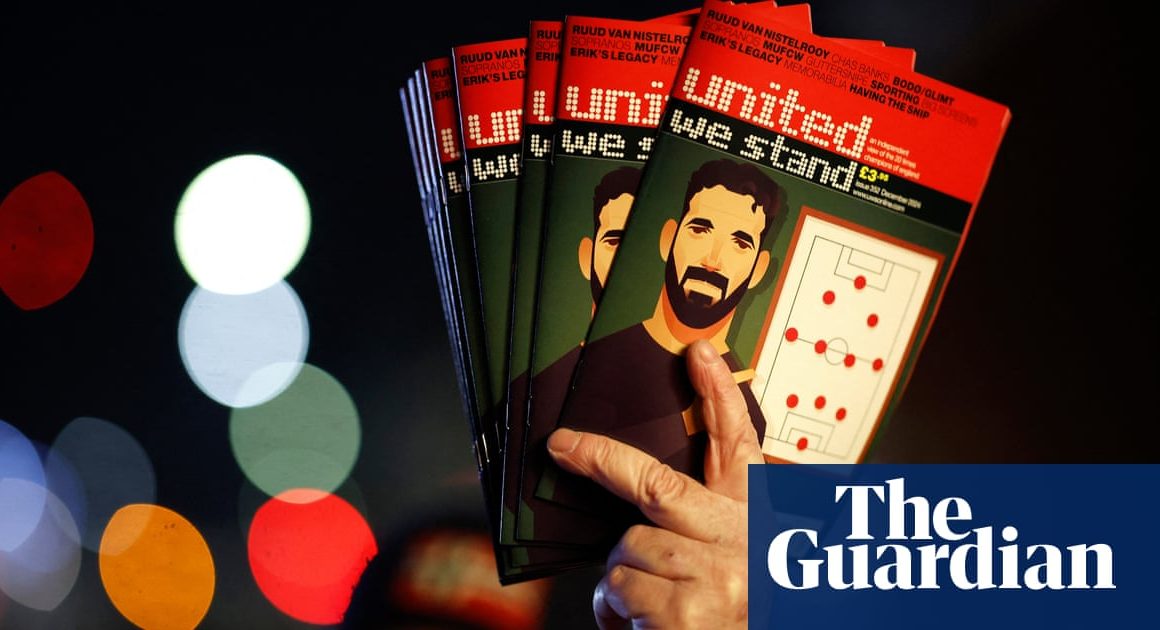Ukraine has banned use of the Telegram messaging app on official devices used by government officials, military personnel and critical workers because it believes Russia can spy on both messages and users, a leading security body has said. The National Security and Defence Council announced the restrictions on Friday after Kyrylo Budanov, the head of Ukraine’s GUR military intelligence agency, presented the council with evidence of Russian special services’ ability to snoop on the platform, it said in a statement. But Andriy Kovalenko, head of the security council’s centre on countering disinformation, posted on Telegram that the restrictions applied only to official devices, not personal phones. Telegram is heavily used in Ukraine and Russia and has become a critical source of information during the war, but Ukrainian security officials have repeatedly voiced concerns about its use. After the decision was announced, Telegram issued a statement saying it had never disclosed anyone’s data or the contents of any message.
Russian forces launched three strikes on Friday on Kharkiv, injuring 15 people including three children, the mayor said. Ihor Terekhov said eight people were being treated in hospital. Police in Ukraine’s second-largest city, quoted by public broadcaster Suspilne, said the strikes hit three different city districts. One strike, caused by a guided bomb, hit an area outside a hospital. A second hit an area of private homes and the third an open area with grass. Four of the injured were hospital patients, said the Kharkiv regional governor, Oleh Syniehubov, adding that building facades were damaged.
Further south-east in Kharkiv region, a Russian strike killed two people and injured two in the village of Kivsharivka, regional police said. In the southern region of Kherson, partly controlled by Russian forces, a woman died in Russian shelling of an area outside the main Ukrainian-held city, also known as Kherson. The accounts could not be independently verified.
The European Union chief announced plans for Brussels to lend Ukraine €35bn ($39bn/£29bn) backed by revenues of frozen Russian assets and promised to help Ukraine “keep warm” ahead of a third winter of war with Russia. Ursula von der Leyen was in Kyiv as fears grow for how Ukraine’s war-battered energy grid will cope this winter.
Ukraine’s “victory plan” in the war against Russia depends on quick decisions being taken by allies this year, President Volodymyr Zelenskyy said on Friday during von der Leyen’s visit. Zelenskyy told a joint press conference with the European commission president that Ukraine planned to use a proposed multibillion-dollar EU loan for air defence, energy and domestic weapons purchases.
The US is preparing a $375m military aid package for Ukraine, breaking a months-long trend towards smaller packages for Kyiv for its military operations against Russia, two US officials told Reuters. The package, expected to be announced next week, includes patrol boats, additional ammunition for high-mobility artillery rocket systems (Himars), 155mm and 105mm artillery ammunition, spare parts and other weapons, the officials said, speaking on condition of anonymity.
Norway will increase civilian aid to Ukraine by 5bn kroner ($475m) this year and extend its aid package by three years to 2030, the prime minister said. The extension brings the aggregate aid package to 135bn kroner from a previous total of 75bn kroner up to 2027. The additional aid would be dedicated to “important civilian needs”, Jonas Gahr Store said. “We are living through a very dangerous situation in Europe.”
Russia has charged four of its soldiers serving in occupied Ukraine with torturing a US citizen living in Russian-held Donetsk who had fought with pro-Moscow forces since 2014. It is rare instance for Russia to accuse active soldiers in Ukraine – who are glorified at home – of committing crimes, Agence France-Presse reported. The authorities did not say what had motivated the soldiers to kill 64-year-old Russell Bentley, known as “Texas”, who regularly appeared on pro-Kremlin social media channels, backing Moscow’s military offensive in Ukraine.
Management at the Russian-held Zaporizhzhia nuclear power plant in eastern Ukraine accused Ukrainian forces on Friday of launching a drone attack on a nearby electricity substation, damaging a transformer and posing a threat to the plant. Ukraine’s defence ministry did not immediately respond to a Reuters request for comment.
Nato concluded a major anti-drone exercise this week, with Ukraine taking part for the first time as the western alliance seeks to learn urgently from the rapid development and widespread use of unmanned systems in the war there. The drills at a Dutch military base, involving more than 20 countries and 50 companies, tested cutting-edge systems to detect and counter drones and assessed how they work together.










